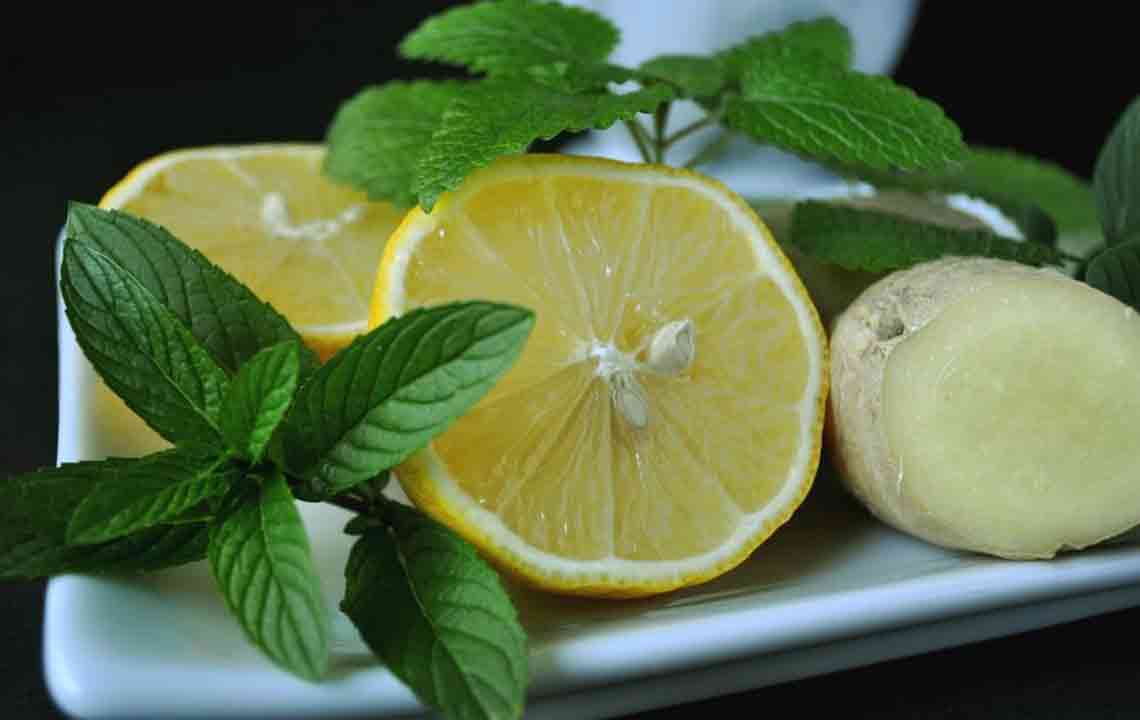Comprehensive Home Strategies for Alleviating Diarrhea: Natural Relief and Care Tips
Discover effective natural remedies and dietary strategies to relieve diarrhea quickly. Learn how to manage symptoms at home, prevent dehydration, and promote recovery in both children and adults through easy-to-follow tips that support your digestive health.

Comprehensive Home Strategies for Alleviating Diarrhea: Natural Relief and Care Tips
Diarrhea is a common health issue that affects individuals across all age groups worldwide. Characterized by frequent, loose, watery stools, it can be accompanied by a range of uncomfortable symptoms, including abdominal cramps, bloating, urgency, dehydration, and sometimes fever. The condition can be caused by a variety of factors such as viral infections, bacterial invasions, food sensitivities, medication side effects, parasitic infections, and various gastrointestinal disorders. While medical treatment is often necessary in severe cases, many individuals find relief through effective home remedies that not only alleviate symptoms but also promote faster recovery.
Here are some proven home remedies to help manage and reduce diarrhea symptoms in both children and adults. Implementing these natural remedies can make a significant difference in easing discomfort and supporting your body’s healing process.
Effective Home Remedies for Diarrhea in Children and Adults
Adjust Your Diet
Adapting your dietary intake is one of the most effective ways to control diarrhea. A popular and trusted diet plan is the BRAT diet—consisting of Bananas, Rice, Applesauce, and Toast—which provides gentle, binding foods that help firm up stool and soothe the digestive tract. These foods are low in fiber yet rich in nutrients, making them ideal for calming an irritated stomach. Incorporating other bland foods like boiled potatoes, plain crackers, or clear broths can also be beneficial. Avoid greasy, spicy, or heavily processed foods that could aggravate symptoms.
Prioritize Hydration
Dehydration is a common complication of diarrhea due to excessive fluid loss through frequent bowel movements. It's crucial to replace lost fluids by drinking plenty of water throughout the day. Incorporate electrolyte solutions or oral rehydration salts (ORS) to replenish minerals such as sodium, potassium, and chloride. For infants and young children, proper hydration is even more critical, and special rehydration formulas are recommended to prevent dehydration risks. Drinking coconut water or diluted natural fruit juices can also help restore electrolyte balance naturally.
While managing diarrhea at home, it's important to engage in light, gentle activities like walking or stretching to promote circulation without straining your body. Refrain from strenuous exercises until symptoms fully subside. Additionally, avoid alcohol, caffeine, and spicy or greasy foods that can irritate your gastrointestinal tract further. Dairy products such as milk and cheese may worsen symptoms temporarily due to lactose intolerance that sometimes accompanies diarrhea. If symptoms persist beyond 48 hours or worsen, seek medical advice for appropriate diagnosis and treatment. Doctors might recommend stool tests, blood work, colonoscopy, or imaging studies to uncover underlying causes such as infections or chronic digestive conditions.
Natural remedies and home care strategies prove to be effective in many cases, providing relief while supporting your body's natural healing processes. However, it is essential to understand that persistent or severe diarrhea warrants professional medical attention to prevent complications like severe dehydration or underlying health issues.





